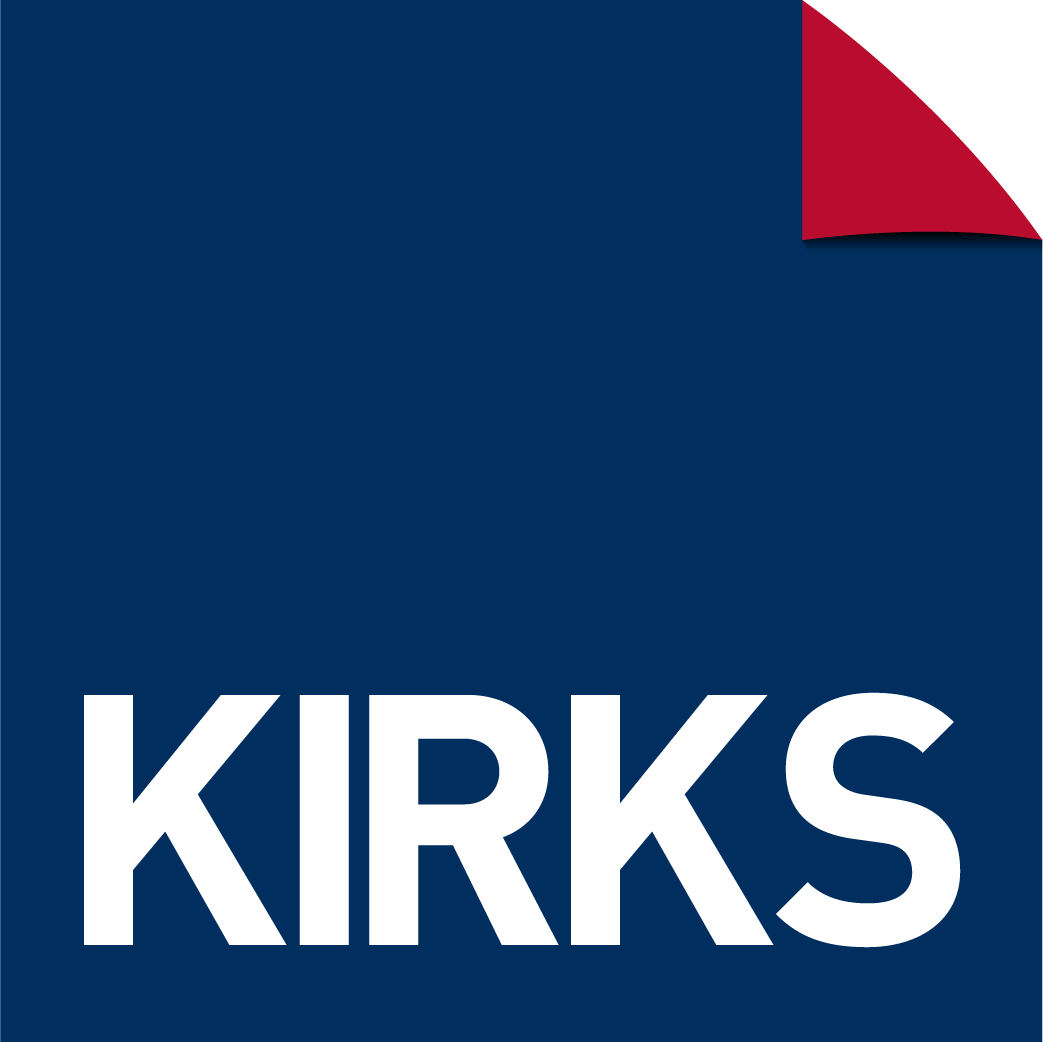The quick answer
A Company Voluntary Arrangement (or “CVA”) is a legal mechanism to save a limited company which is agreed by shareholders and creditors.
Advantages; it saves the company, no need to change bank accounts or the trading name, it keeps any company qualifications, it causes the least disruption, the company can keep its assets such as debtors.
Disadvantages; it can have onerous terms, it can last five years, it may stop dividends being paid, it can be difficult to get creditors to agree, the company could still fail at a later date.
In more detail
Advantages
- The limited company is preserved.
- You can keep certain company qualifications e.g. work accreditation’s.
- You will probably not breach contracts with customers and you do not need to tell them about the financial restructuring.
- The directors stay in control.
- There is no report to the Insolvency Service on directors’ conduct.
- Often you can keep the same bank account and suppliers.
- It binds all creditors even those that vote against it or have been forgotten about (unless they are of material value).
- The forgiven debt is a windfall and tax-free income.
- The utility companies must continue to supply a company in a CVA without having the arrears paid.
Disadvantages
- It can be hard to get the 75% agreement needed from creditors.
- If there are high HM Revenue and Customs debts, they tend to not favour CVA proposals without a lot of modifications.
- It affects your credit rating and is registered at Companies House.
- There is no protection from legal action when you are trying to get a CVA proposal finalised and sent to creditors which can take weeks.
- They can be approved but fail later (and often do because of 2 or 3 missed monthly payments).
- Most suppliers will only continue to supply you on very tight terms of cash on delivery only.
- They can be expensive to put in place in professional fees.
- CVA’s cannot vary the rights of secured creditors such as factoring companies.




